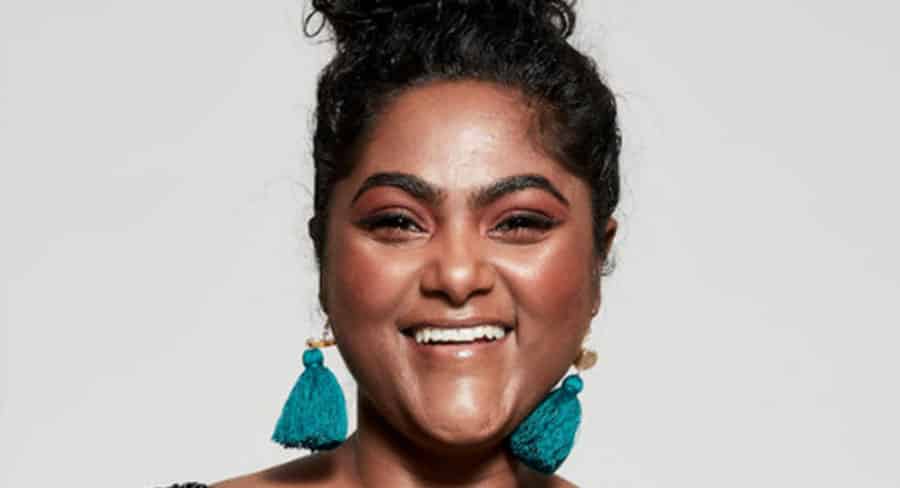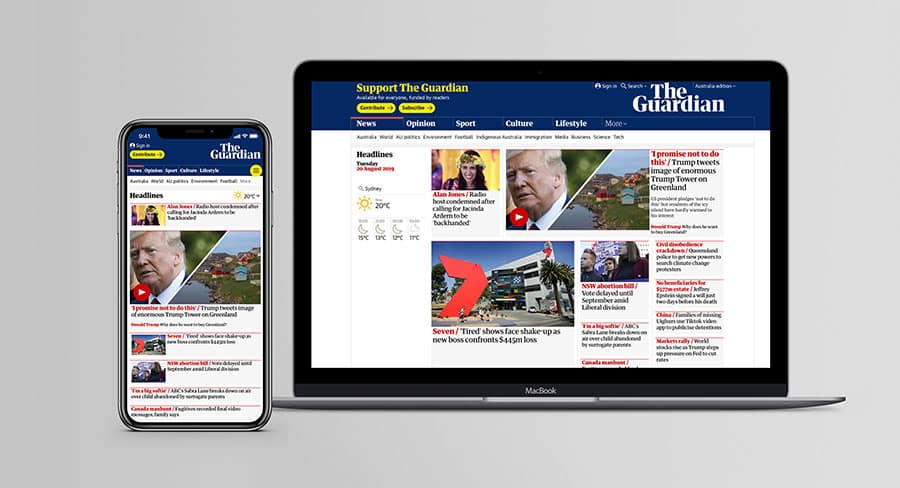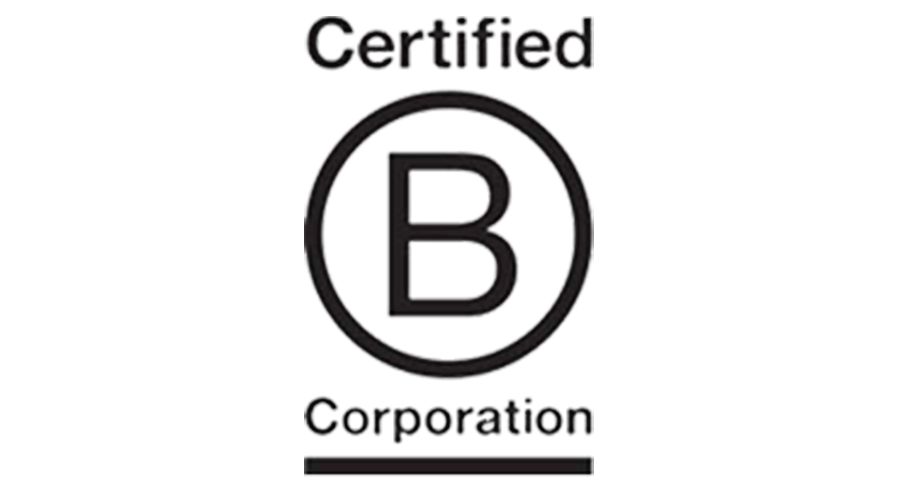There is a growing trend among companies to be more conscious of their greater impact. A reflection of this is the growing number of companies that seek to be certified B Corporations (or B Corps).
The B Corp certification is an internationally recognised, third-party verified trust mark for businesses that are assessed to achieve a positive impact for their employees, communities, customers and the environment.
What Exactly is a B Corp? Read Here
B Corp certification is given out by the non-profit organisation B Lab which has been active since 2006. Worldwide there are 3,000+ B Corps in 64 countries, across 150+ industries. Gaya Subramaniam, B Lab Australia and New Zealand’s B Corp community manager says that the B Corp certification is aimed to change the perception of success in business to go outside of just making a profit.
“In this world where businesses are growing and profiting from delivering a service or product, we really want to invert what being a success looks like outside of generating that profit,” Subramaniam told Mediaweek.

Gaya Subramaniam
In Australia there are 250 B Corp certified companies, according to B Lab most certified companies in the region are privately-held small and medium-sized businesses. Of that number, 23 are categorised as marketing and communication companies. According to Subramaniam, each industry faces its own unique challenges and the media industry is no different.
“There’s a huge problem with worker burnout in the media industry and media companies that become B Corps focus on worker well-being and conditions and a pattern has emerged where wellness is their number one priority.”
The media industry has also proven to be progressive and innovative amongst the B Corp community,
“The media industry is quite progressive. The businesses from the media space are always quite ahead of the pack and challenging the status quo on how they tell stories of clients and communities and quite innovative in how they operate and exist.
“One of the new B Corp certified companies, Compass Creative, has the north initiative which selects one brand or organisation every 18 months and gives them complimentary access to marketing and strategic resource on a pro bono basis.”
Australia has taken to the concept of being a B Corp certified company like a fish to water with our region being the fastest-growing per capita. We are also growing our number of B Corps with 250 Australian B Corps representing a seven- fold increase since 2014. Australia is also producing quality as well with 27 B Corps in the Australian and New Zealand region in the top 10 percentile of B Corps worldwide according to the scoring system used to determine a company’s B Corp status.
Subramaniam believes this has to do with Australian culture that extends from day to day citizens to companies at large, elements that are even more evident than usual due to the current state of affairs such as the bushfire crisis,
“It’s very much in the psyche of who we are as people. Australians care very much about society and the communities that we exist in and we have a close connection to the environment and the nature that surrounds us. This brings us to a point of connection with all of the elements that being a B Corp is concerned with.
“Inherently, businesses in this part of the world care about having an impact beyond being financially sustainable or successful. They really do care about elements outside of this and the introduction of the B Corp model and measuring and managing the impact that they have has really given them the framework to speak more proudly and speak more responsibly. This has always been the way Australian companies have operated, but this framework gives them more credibility.”
Any company, regardless of its size, business structure, or industry, can become a B Corporation. However, it is easier for smaller companies, or newer companies, to become B Corp certified due to less red tape,
Subramaniam added: “We have seen media organisations like The Guardian just recently certify and become one of the first media publications to become a B Corp in the UK.”
Margy Vary, marketing director for The Guardian Australia says that it is becoming more and more apparent that being an ethical company needs to be part of any long term strategy.
“The Guardian is one of the world’s most trusted news organisations and our audiences rightly expect high standards in everything we do, so becoming a B Corp was an important step for us in making ourselves more accountable,” Vary told Mediaweek. “Guardian Australia has had purpose at its heart from its inception, but with B Corp certification we now have external accreditation proving our commitment, so our readers, advertisers, and partners can be confident that we will adhere to best practices. It demonstrates publically that we are living the values that we promote in our journalism.”

The application process can be quite arduous with most companies falling well short of the 80 point threshold for B Corp certification making an average score of 50 out of a possible 200. Subramaniam said that while companies think they are doing the right thing, they often don’t realise the positive changes that they can make to their operations until going through the scoring process for the first time,
“A lot of businesses believe they are doing the right thing and they are trying really hard, but then they do the assessment and they understand the framework and the blind spots that become apparent can be quite a shock. It highlights to them that there are so many more things that they can be doing and improvements that they can be making internally and externally as a company, and it is a bit of a wakeup call.
“B Corp certification isn’t the final destination, it is almost the beginning of the journey to being continuously better, innovative, responsible and conscious of the overarching impact that a business is having.”
Why the Guardian became a B Corp: ‘We want to do more than talk’
B Lab offers resources to companies that begin this process such as masterclasses and three-hour bootcamps with the region’s head of community building who works with the heads of business to help them bring up their score. For bigger businesses who have quite a complicated process, more intensive assistance is offered by B Lab to help them achieve certification.
Vary said that while the process is extensive it helps if the company is already operating with a pre-existing ethical mentality. “The B Corp accreditation process is rigorous; we needed to answer over 200 questions and provide supporting evidence of standards of social and environmental performance, accountability and transparency.
“The Guardian already had multiple workstreams underway to become a more sustainable organisation and so much of the process was to collate all of that work across the business.”
“This work meant that we scored higher than many businesses do to start with and the process has helped us identify what we want to improve on further. It’s not finished, it’s an ongoing process. We have to recertify every three years and the scoring system gets harder over time, to ensure that we commit to further improving our impact.”
You can search here to see which companies have B Corp certification and you can receive more information on how to become a B Corp here.
